Siemens Mobility’s Rob Morris has welcomed the recent government Spending Review with what he terms “cautious confidence”.
In an exclusive interview with RAIL Magazine, the Joint CEO of Siemens Mobility UK&I and Managing Director for Rail Infrastructure and Software didn’t hold back on his support for the investment commitments announced by Chancellor Rachel Reeves, describing them as “loads of the messages we wanted to hear.” But behind the optimism was a clear and consistent refrain: delivery matters more than promises.
Siemens Mobility’s Rob Morris has welcomed the recent government Spending Review with what he terms “cautious confidence”.
In an exclusive interview with RAIL Magazine, the Joint CEO of Siemens Mobility UK&I and Managing Director for Rail Infrastructure and Software didn’t hold back on his support for the investment commitments announced by Chancellor Rachel Reeves, describing them as “loads of the messages we wanted to hear.” But behind the optimism was a clear and consistent refrain: delivery matters more than promises.
“I was sat in the car driving when I heard Rachel Reeves,” Morris recalled. “I was a little apprehensive… but I came off listening feeling really good about it.”
That good feeling, he explained, came from what he sees as tangible signs the government is listening—not just to Siemens, but to the entire rail sector.
Morris does acknowledge that it has been difficult from an economic perspective, with the Government walking an “economic tightrope” but he argues that it is time for growth.
The Spending Review threw its weight behind projects which have long been supported in principle such as the TransPennine Route Upgrade, and the Midland Rail Hub, which in his view, has shown a shift from political indecision towards an economic strategy.
“We’ve been lobbying, others have been lobbying, and [the government has] looked at a long-term view on the railway and what it can bring to the country.” Morris adds.
Siemens Mobility has invested heavily in UK rail over the years as it places its bets that the UK rail market will grow. This has included the state-of-the-art rail manufacturing facility at Goole and in its Chippenham facility in Wiltshire which it hopes will become a focal point for its signalling innovation teams.
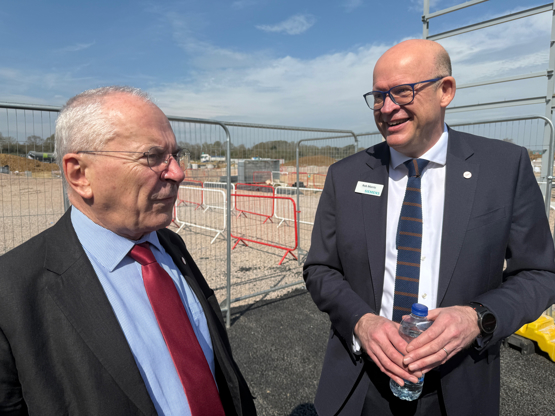
This investment ties into the wider investment, which it is hoped will stimulate growth.
“It’s important—if you really believe in something—that you invest in it,” he says
But the buoyancy is tempered by experience. As Morris puts it, “Previous governments have struggled to make commitment and then deliver on it… It’s about converting sentiment into action.”
And the devil is in the detail as Morris says, as previous governments and this Government have promised investment which has not materialised. But this time could be different, as he makes the example of the four-year settlement for Transport for London.
“The four-year settlement is a good thing regarding TfL; it gives real confidence to us. But even here, we need to be careful and truly understand what it means. TfL has said it wants at least 40% investment in the tube and to really get the maximum benefit from the Piccadilly trains, the signalling system really needs upgrading.
“So us and others will be interested in that.
“What is the devil is in the detail, for the long term. Because as an investor, we don't invest just for the short term. We invest for the medium and long term and it's important for us that we've got that visibility of what the country intends to do. And the pipeline of work that goes with it.”
The interview repeatedly returned to the need for continuity—for investment not to just be announced but realised quickly to preserve skills and safeguard the rail supply chain.
Morris pointed to the National Training Academy for Rail (NTAR), operated by Siemens in partnership with Government, which has trained more than 26,000 people since 2015—including staff from competitors and Network Rail. But without a stable work pipeline, he warned, talent could be lost to other sectors.
“The industry hasn’t got a sustainable future if we can’t sustain our people and the skills base,” he said. “If this control period’s lull had continued without an update, confidence would have been lost.”
One of Morris’s strongest appeals was for a unified strategy—an integrated vision combining infrastructure, rolling stock, electrification, and decarbonisation under a single long-term plan. This is not an uncommon plea from many in the industry, who are hoping to see a clear pathway for investment across multiple sectors in the industry. For Morris though, he thinks its imperative it is thought about now.
“Seems obvious to me,” he said. “Only having one part of the puzzle that can be influenced—perversely or otherwise—by the other part when it comes along doesn’t seem right.”
This could possibly be achieved by instigating a 30-year national rail strategy, backed by an infrastructure and rolling stock pipeline, with rolling five-year lookaheads that reflect real procurement, Morris adds. It sounds like wishful thinking given recent announcements, and Morris is under no illusion that the fragmented approach to rail strategy is harming the UK rail industry. Electrification is a key example, he adds.
“This country’s stop-start electrification approach has cost us dearly,” he said. “If you look at what we did in Denmark and Norway, we delivered the same for considerably less.”
That might be a hard sell, considering the rate of electrification in the country currently and the lack of investment in it. But it shouldn’t stop thinking of the future, and that future, in the eyes of Morris and Siemens Mobility, that includes the end of diesel.
“Diesel should be in the history books.”, says Morris.
The irony of this is not lost on Morris who reiterates a recent comment from Siemens’ joint director Sambit Banerjee, who told a Transport Select Committee that Siemens still receives tenders containing diesel elements. “It’s not the most efficient way forward,” Morris said. “It’s not good for the environment, it’s not space-efficient, and it costs more in maintenance.
“That’s not to say that we should have a mass electrification programme as that’s unobtainable, but we should be looking at bi-mode options as quickly as possible, as the technology is there.
“But no way forward should include diesel on its own or diesel in the mix.”
He referenced Siemens’ modelling, which shows battery-electric rolling stock paired with what he describes as the right “infrastructure interventions” could save £3.5 billion and 12 million tonnes of carbon over 35 years. These claims have been independently assessed by Network Rail and Jacobs with both concluding that Siemens’ estimates were conservative.
Siemens Mobility and Morris remain bullish on its future within the rail industry. The optimism for the spending review and Morris’ hopes for an effective long-term pipeline, will need to hold firm as the Government and the industry wrestle with all the challenges it is facing.
Login to continue reading
Or register with RAIL to keep up-to-date with the latest news, insight and opinion.

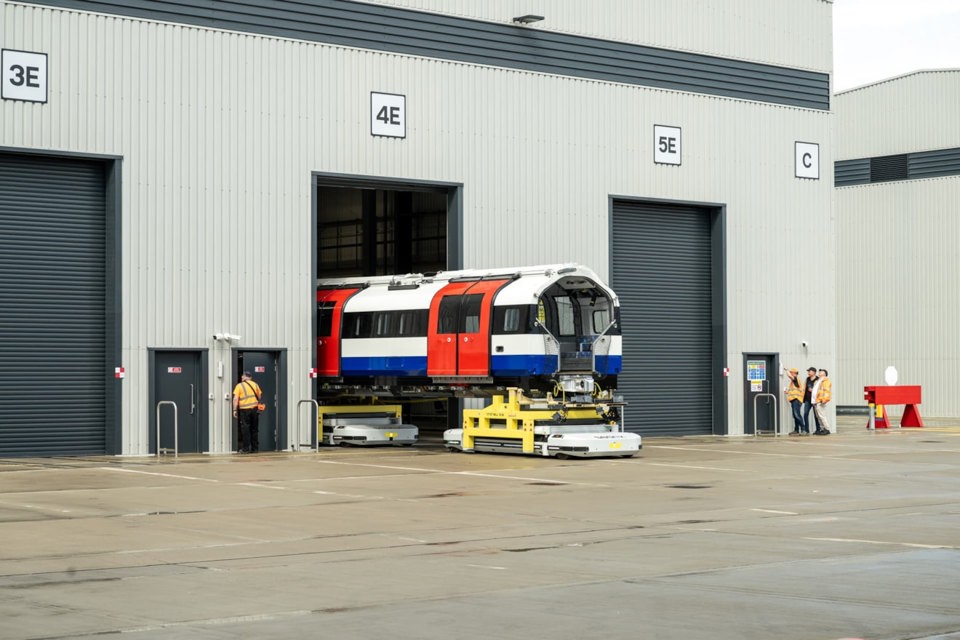

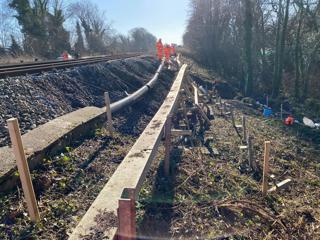
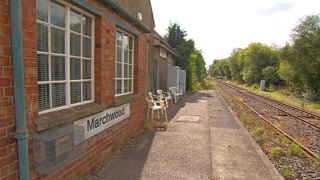
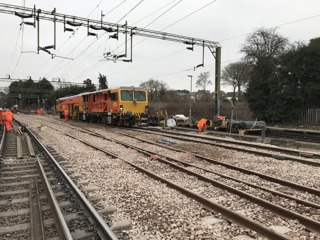
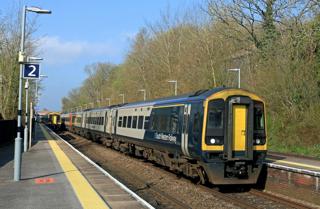
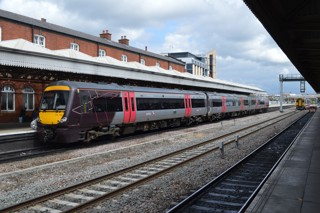











Login to comment
Comments
No comments have been made yet.